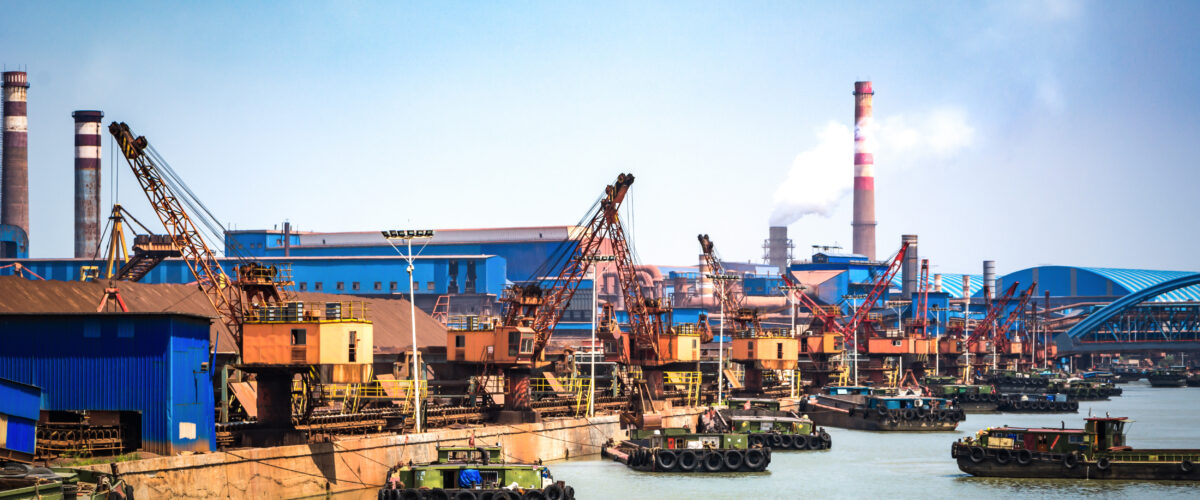The petrochemical industry holds a pivotal role in the global economy, providing essential building blocks for everyday products. Among the industry leaders, China has emerged as a formidable force, driven by its growing economy that influences the production and consumption of petrochemical products. In this post, we take a deep dive into the realm of Chinese petrochemical products, exploring their significance, production landscape, and impact on both domestic and international fronts.
The Significance of Petrochemical Products
Petrochemical products, derived from crude oil and natural gas through petrochemical refining, form the foundation of various industries like manufacturing, construction, textiles, healthcare, and transportation. These products encompass everything from plastics and synthetic fibers to fertilizers and pharmaceuticals, making them essential for modern society.
China’s Petrochemical Industry: A Global Force
With a remarkable economic growth trajectory, China has boosted demand for petrochemical products. The country’s petrochemical industry has expanded significantly to cater to its growing population and emerging industries. China’s strategic emphasis on self-sufficiency and reduced reliance on imported petrochemicals has spurred investments in domestic production facilities.
Key Petrochemical Products
- Plastics and Polymers: China ranks among the top consumers and producers of plastics globally, crafting a wide range of plastic products from packaging materials to consumer goods.
- Synthetic Fibers: The production of synthetic fibers like polyester and nylon is a linchpin of China’s petrochemical industry. These fibers are extensively used in textiles, apparel, and industrial applications.
- Fertilizers: Petrochemicals form the core of fertilizer production, vital for enhancing agricultural productivity. China’s robust fertilizer production supports its extensive agricultural sector.
- Chemicals and Pharmaceuticals: Petrochemicals serve as raw materials for various chemicals, including those used in pharmaceuticals, detergents, and cosmetics.
- Rubber and Resins: The automobile industry’s growth in China has stoked demand for rubber and resins, particularly for tire production and other automotive components.
Domestic and International Impact
China’s prominence in the petrochemical industry has far-reaching consequences both domestically and globally:
- Domestic Growth: The petrochemical industry contributes significantly to China’s economic growth and job creation. It fuels sectors ranging from manufacturing to agriculture, elevating overall productivity.
- Environmental Concerns: Swift petrochemical expansion has raised environmental alarms due to issues like air and water pollution, greenhouse gas emissions, and plastic waste. China’s drive to balance growth with sustainability is reflected in its increasing focus on green technologies and circular economy practices.
- Global Supply and Demand: As a major producer, China’s petrochemical industry wields influence over global supply and demand dynamics. Fluctuations in its production and consumption can ripple through global markets and prices.
Challenges and Future Prospects
The Chinese petrochemical industry confronts several challenges, encompassing environmental pressures, technological advancements, and geopolitical considerations. Nonetheless, the nation’s commitment to innovation and sustainable practices positions it for future growth. Investments in research and development, alongside collaborations with international partners, are set to shape the industry’s evolution.
Conclusion
The narrative of Chinese petrochemical products is one marked by growth, innovation, and challenges. As China solidifies its status as a global petrochemical powerhouse, it faces the delicate task of harmonizing economic development with environmental stewardship. The industry’s trajectory will not only mold China’s domestic landscape but also contribute to the broader global dynamics of the petrochemical sector.

